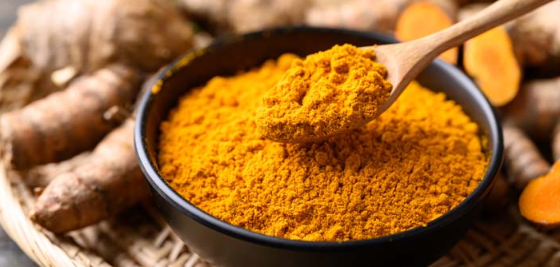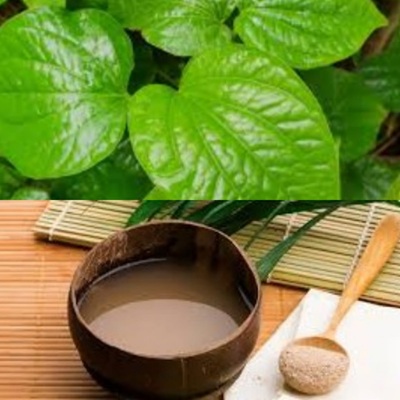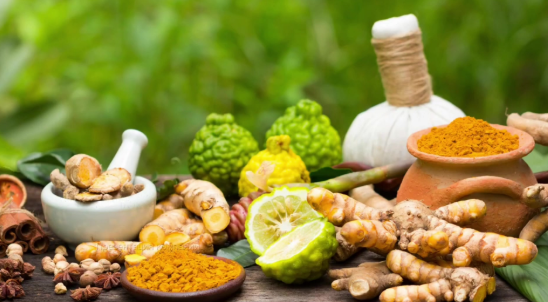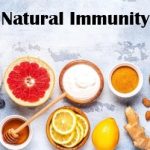The Truth About Herbal Remedies: What Science Says
Written by Rikhtiya — Discovering Secret Facts
Introduction
Herbal remedies have been used for centuries across various cultures to promote health and treat ailments. With the rise of natural and holistic approaches to healthcare, herbal medicine has regained popularity. However, how much of what we believe about herbal remedies is backed by science? In this article, we delve into the scientific evidence behind popular herbal treatments.
The Popularity of Herbal Remedies
The appeal of herbal medicine lies in its natural origin and historical use. Many people perceive herbs as safer alternatives to synthetic drugs, but this perception isn’t always accurate. Despite their popularity, not all herbal remedies are supported by robust scientific evidence.
Scientific Evidence: What Does Research Say?
The scientific community approaches herbal remedies with both curiosity and caution. Some herbs have undergone rigorous clinical testing, while others lack comprehensive studies. Let’s explore a few commonly used herbal remedies and what science says about them:
1. Echinacea

Often used to boost the immune system and reduce cold symptoms, Echinacea has mixed results in clinical trials. While some studies suggest it may reduce the duration of a cold, others find no significant benefit.
2. St. John’s Wort

Popular for its potential to alleviate depression, St. John’s Wort has shown positive effects in mild to moderate cases. However, it can interact dangerously with prescription medications, highlighting the importance of medical guidance.
3. Turmeric

Known for its anti-inflammatory properties, turmeric (particularly its active compound curcumin) has shown promise in reducing inflammation and pain. Clinical trials are ongoing to validate its long-term effects.
Potential Risks and Side Effects

Despite the potential benefits, herbal remedies are not without risks. Some herbs can interact with prescription medications or cause adverse effects when consumed in excess. For example:
Kava:

- Kava can cause liver damage.
Ginkgo biloba:

- Ginkgo biloba may increase bleeding risk when taken with blood thinners.
Ephedra:

- Ephedra, once popular for weight loss, was banned due to cardiovascular risks.
Risks and Considerations

Despite their natural origins, herbal remedies are not risk-free. Issues such as dosage inconsistencies, contamination, and interactions with medications can pose significant health risks. Consulting healthcare professionals before using herbal treatments is essential.
The Importance of Evidence-Based Use

Before using any herbal remedy, it’s crucial to consult healthcare professionals. Self-diagnosis and treatment can lead to complications, especially when herbs are combined with conventional medications. Quality and purity also vary widely between brands.
Conclusion
While some herbal remedies have scientific support, others remain unproven or risky. As consumers, it’s crucial to stay informed and seek professional advice before incorporating herbal treatments into your health regimen. By balancing tradition with evidence, we can make safer, more effective choices.
Keywords
Herbal remedies, science behind herbs, natural medicine, alternative treatments, herbal supplements.








